The ancient practice of astrological timing for relocation has fascinated civilizations across millennia, weaving celestial patterns into the fabric of human decisions. Known as "relocation astrology" or "electional astrology for moving," this tradition posits that the alignment of planets and stars at the moment of a significant life change—such as moving homes—can influence the outcome of that transition. Unlike generic horoscopes, this method demands a personalized analysis of one’s birth chart superimposed onto the proposed relocation date and location. The underlying belief is simple yet profound: the cosmos doesn’t merely reflect our lives but actively participates in shaping them.
The Celestial Blueprint of a New Beginning
When considering a move, most people focus on practicalities—packing boxes, hiring movers, or updating addresses. But for those who consult the stars, the first step is far more metaphysical. A skilled astrologer will examine the client’s natal chart, paying particular attention to the Fourth House, which governs home and roots, and the Ninth House, associated with long-distance travel and new horizons. The Moon’s position is critical, as it symbolizes emotional tides and domestic harmony. A void-of-course Moon (when the Moon makes no major aspects before leaving its current sign) is often avoided, as it’s believed to bring vague or unfulfilled outcomes.
Jupiter, the planet of expansion and luck, is another key player. Its favorable aspects to the Ascendant or Midheaven can signal prosperity in the new location, while Saturn’s influence might suggest delays or karmic lessons tied to the move. Mercury retrograde, infamous for communication mishaps, is typically avoided unless the relocation serves a hidden purpose—like reconnecting with past relationships or revisiting unfinished business. These celestial considerations aren’t superstitions but a language of symbols, offering a nuanced lens through which to view timing.
The Dance of Space and Time in Relocation
Astrocartography—a specialized branch of astrology—takes this further by mapping how planetary energies shift across geographical lines. Imagine moving to a city where your natal Venus line crosses, amplifying love and creativity, or avoiding a Mars line that could trigger conflict. This technique transforms relocation into a deliberate act of aligning one’s life path with cosmic undercurrents. For instance, a writer seeking inspiration might choose a location where Neptune (the planet of imagination) forms harmonious angles to their chart, while an entrepreneur might prioritize a Jupiter-dominant area for growth.
Historical examples abound. Medieval kings consulted astrologers before founding new capitals, and Tibetan Buddhists still use astrology to determine auspicious dates for constructing monasteries. Even skeptics can appreciate this as a form of psychological preparation: choosing a "lucky" date or place fosters confidence, turning the chaos of moving into a ritual infused with intentionality. The stars, in this sense, become collaborators in crafting a narrative of change.
Modern Skepticism and the Resurgence of Cosmic Timing
In an era dominated by algorithms and instant gratification, the idea of waiting for planetary alignments to move house may seem quaint. Yet, the resurgence of astrology among millennials and Gen Z suggests a deeper yearning for meaning amid life’s transitions. Apps now generate personalized "best dates to move" reports, blending ancient wisdom with digital convenience. Critics argue this is confirmation bias—people remember the hits and forget the misses—but adherents counter that astrology’s value lies in its symbolic richness, not literal predictions.
Consider a young professional who postponed her move until Mercury went direct, only to avoid a rental scam that week. Coincidence? Perhaps. But such anecdotes fuel the practice’s persistence. Even corporate relocation services in countries like India and China occasionally factor in lunar phases or zodiac compatibility between the client and the new property’s facing direction (as per Feng Shui). This hybrid approach acknowledges that moving isn’t just logistics; it’s an existential leap.
Beyond Superstition: A Tool for Mindful Transition
The true power of relocation astrology may lie in its capacity to slow us down. In rushing from one chapter to the next, we rarely pause to ask: Why am I moving? What do I hope to attract or release? Astrological timing forces contemplation. A client advised to move during a Sun trine Jupiter transit might reflect on whether their new home aligns with their core values (Sun) and aspirations (Jupiter). Another cautioned about Pluto square the Moon could explore unresolved family patterns resurfacing in the new space.
Ultimately, whether one views these practices as celestial guidance or poetic metaphor, their endurance speaks to a universal truth: humans crave rituals to sanctify life’s thresholds. The next time you pack your boxes, glance at the sky. Even if you don’t believe the stars dictate your fate, there’s magic in imagining they might be cheering you on.

By /Aug 14, 2025
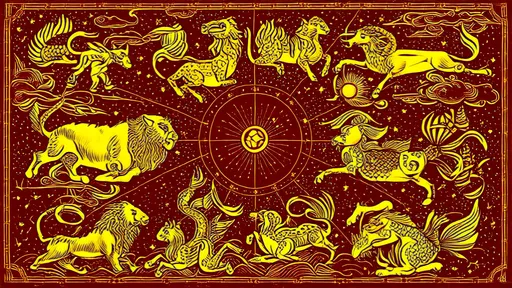
By /Aug 14, 2025

By /Aug 14, 2025
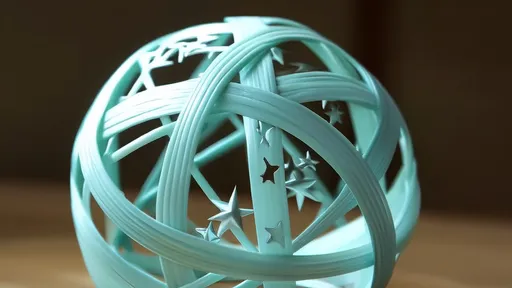
By /Aug 14, 2025
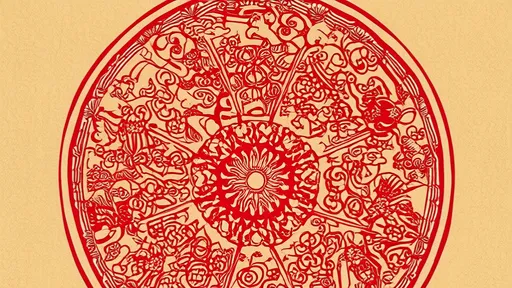
By /Aug 14, 2025
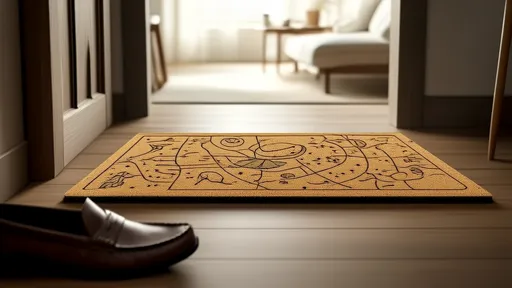
By /Aug 14, 2025

By /Aug 14, 2025

By /Aug 14, 2025

By /Aug 14, 2025

By /Aug 14, 2025
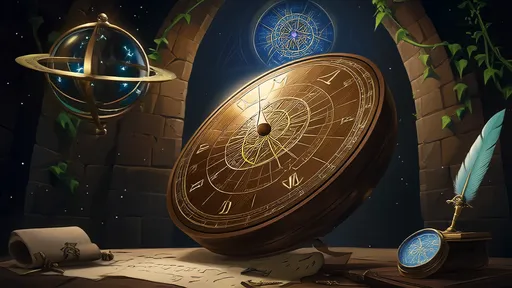
By /Aug 14, 2025

By /Aug 14, 2025

By /Aug 14, 2025

By /Aug 14, 2025

By /Aug 14, 2025

By /Aug 14, 2025

By /Aug 14, 2025

By /Aug 14, 2025
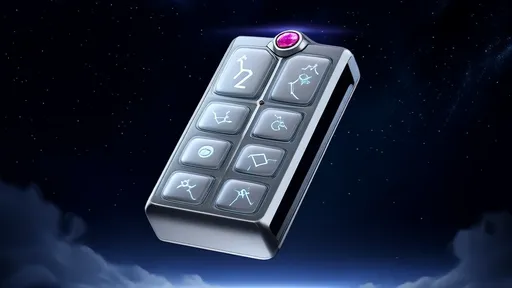
By /Aug 14, 2025

By /Aug 14, 2025